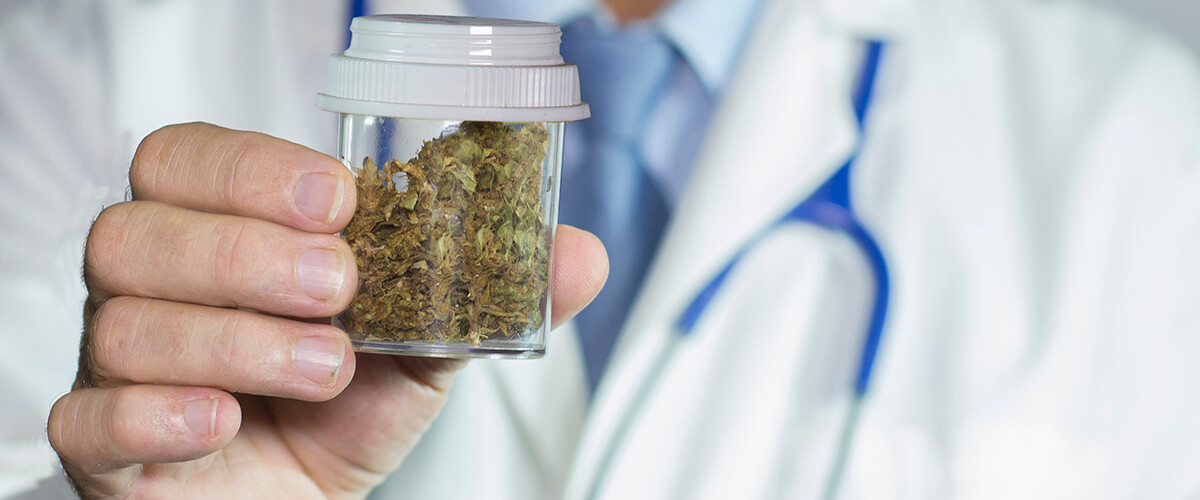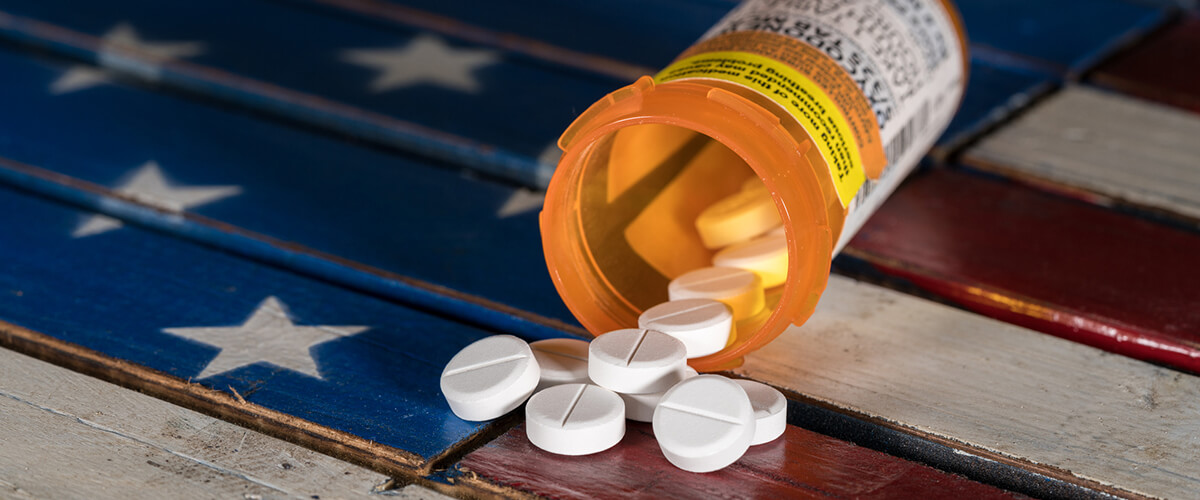The new data is the latest in a growing body of evidence indicating that legalizing medical marijuana could play a role in addressing the nation’s opioid crisis.
The enactment of laws permitting the medical use of marijuana leads to a significant drop in prescription opioid use, suggests a new study published in the peer-reviewed journal Addiction.
Researchers from the University of California San Diego and Weill Cornell Medical College analyzed whether there was a relationship between medical marijuana legalization and prescription opioid use among Medicaid enrollees. The investigators assessed data over a period of 21 years.
“In this study, we found that statewide medical cannabis legalization implemented in 1993 – 2014 in the US was associated with close to 30% reductions in Schedule III opioids received by Medicaid enrollees,” the researchers concluded.
The correlation between medical marijuana legalization and a reduction in opioid use remained even after the researchers controlled for other potential influencing factors, such as variations in patients’ income and the establishment of prescription drug monitoring programs.
The research also showed a clear reduction in Medicaid annual spending on opioid prescriptions of Schedule III opioids.
“It was estimated that, if all the states had legalized medical cannabis by 2014, Medicaid annual spending on opioid prescriptions would be reduced by 17.8 million dollars,” the researchers projected.
While there were clear links between medical marijuana legalization and drops in Schedule III opioid prescriptions, the researchers did not report similar changes in use of Schedule II opioid drugs, such as Oxycodone.
The researchers speculated that there was no significant change in the use of Schedule II opioid drugs because physicians are more hesitant to recommend cannabis for patients with severe pain conditions.
“[E]vidence suggested that cannabis provides mild to moderate relief from pain, on par with Codeine, making cannabis a better alternative to Schedule III opioids,” the researchers explained.
“Although there is emerging evidence suggesting that cannabis is effective in treating severe pain, no studies compared the analgesic efficacy of the cannabinoids with Schedule II opioids. Due to the concern of cannabis’ lack of efficacy on severe pain symptoms, patients prescribed Schedule II opioids might be less likely to switch to medical cannabis and physicians might be less likely to recommend medical cannabis to these patients.”
The abstract of the new study, “Medical cannabis legalization and opioid prescriptions: Evidence of US Medicaid enrollees during 1993-2014,” is available through Wiley Online Library.

Opioids Vs. Cannabis for Pain
Over recent years, there’s been growing momentum in the effort to acknowledge cannabis as a safe and effective alternative to opioids.
Separate earlier findings have revealed a correlation between marijuana regulation and opioid-related use, spending, abuse, hospitalization, and mortality. A study published earlier this year found that 73 percent of chronic pain patients with legal access to medical marijuana substituted cannabis in place of prescribed opioids.
Despite findings indicating that cannabis is safer than opioids for pain, laws regulating access continue to place more stringent restrictions on cannabis.
While opioids are legally obtainable in all 50 states in the U.S. with a doctor’s prescription, marijuana remains illegal for any purpose under federal law. A total of 30 U.S. states have legalized medical marijuana, starting with California in 1996.
Illinois lawmakers just recently passed legislation that allows patients prescribed opioid painkillers to trade their prescription in for medical marijuana.
More on How Cannabis Can Help the Opioid Crisis
You can learn more about the pain-relieving properties of cannabis and how it can potentially help address the nation’s opioid epidemic and be an alternative to prescription medications by visiting our education page.






